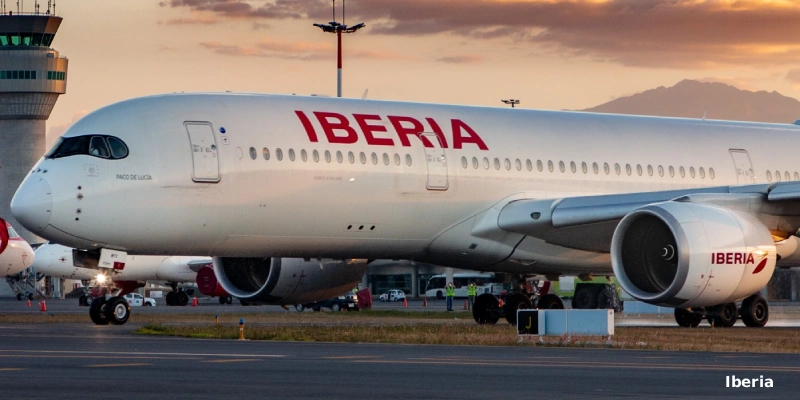EasyJet has announced it is working with Cranfield Aerospace Solutions (CAeS) to support the development of its hydrogen fuel cell propulsion system for commercial aircraft, as part of the airline’s ambition to de-carbonise aviation.
Cranfield Aerospace Solutions is developing its hydrogen fuel cell propulsion system for an existing 9-seat Britten-Norman Islander aircraft, which is planned to be flying by 2023, and is now working with easyJet to understand how the adoption of zero-carbon technologies could integrate with an airline operations for future introduction of the technology.
→ Launch of Airbus Atlantic, a new global player for aerostructures.
easyJet will support Cranfield Aerospace Solutions on the project, providing an airline operator’s perspective on the development of hydrogen propulsion and internal expertise, to assist in the development of this technology for commercial aviation.
“easyJet remains absolutely committed to sustainable flying and a towards a future with zero-emission flying. We know that technology is a key driver to achieve our decarbonisation targets with hydrogen propulsion a frontrunner for short-haul airlines like easyJet. We are dedicated to working with industry leading partners to support the development of these promising new technologies and we look forward collaborating with Cranfield Aerospace Solutions to support bringing this technology to maturity as early as possible”, David Morgan, Director of Flight Operations, easyJet said.
“CAeS is committed to ensuring the wide-spread adoption of zero-emissions aircraft and for this to succeed, the solutions must be commercially viable. We are delighted to be working with easyJet which, as Europe’s leading airline, is ideally placed to help shape our development with the end user in mind. Our 9-seat hydrogen fuel cell powered B-N Islander development is a vital first step in our journey to design and manufacture larger, longer range, regional aircraft between 19 and 100 seats. To have easyJet come with us on this journey is a great example of how organisations large and small must come together to secure the future of our industry and the planet”, Paul Hutton, Chief Executive Officer, CAeS said.
Related Topics
LATAM Suspends Lima-Havana Flights Due to Fuel Supply Crisis in Cuba
LATAM Recognized for Third Time by APEX as Airline with “Best Inflight Entertainment in South America”
Iberia to Offer Record Capacity to Latin America This Summer: 3.35 Million Seats and Up to 366 Weekly Flights
LATAM Resumes Flights Between Bogota and Caracas Starting February 23

Plataforma Informativa de Aviación Comercial con 13 años de trayectoria.




